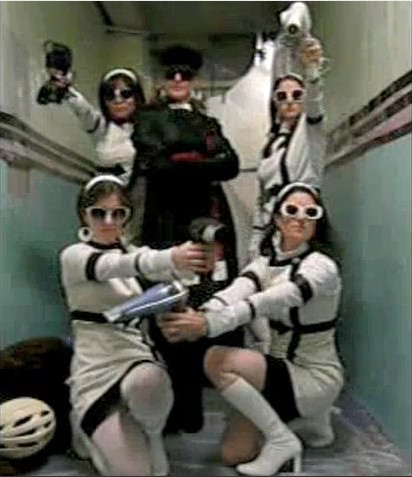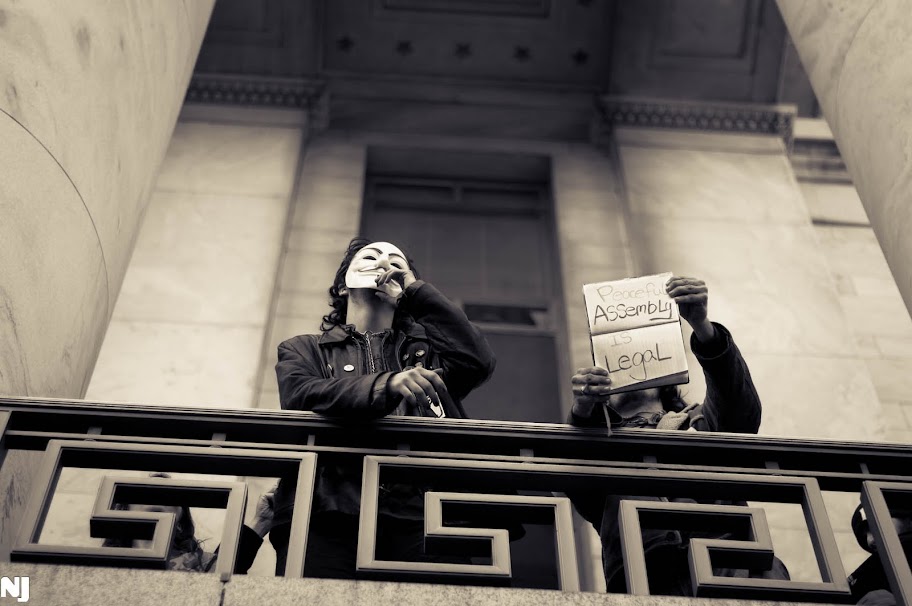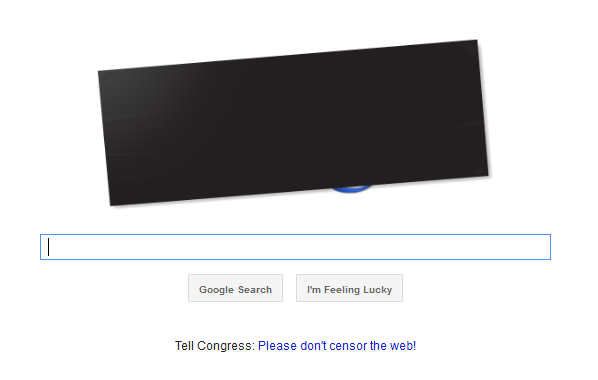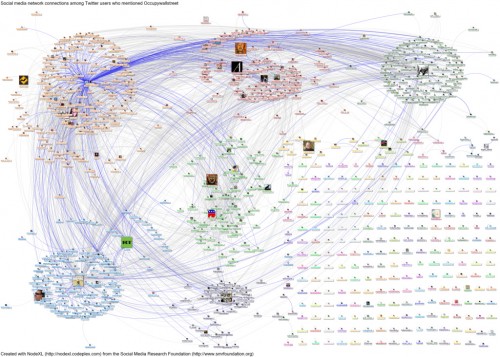On this blog we often talk about the role of the prosumer, or actors that are both producers and consumers and that serve to muddy the longstanding distinction between production and consumption. For example, Jenny Davis and Nathan Jurgenson wrote on prosuming identity online, and how Web 2.0 technologies (especially social media) have allowed for the creation of new identities like transability and asexuality. Similarly, Nathan Jurgenson has written extensively on how social media has contributed to the “participatory, prosumer, dissent” of the Occupy Movement, playing into the much larger atmosphere of augmented dissent that has gripped the Middle East and other parts of the globe for some time now. And finally, Jenny Davis and I have written on the “Jailbreak the Patriarchy” Chrome Application, which allows users to genderswap the content they read on the internet.

Each of these examples reveals the tight association between social media and prosumption. That is, social media has greatly expanded the role of the prosumer in contemporary (augmented) society. This is because the individual voice is amplified through the digital networks of Web 2.0 technologies like Facebook, Reddit, and Twitter. Just as the Arab Spring and Occupy have changed the conversation regarding participatory democracy, prosumers are continually reworking culture through the creation of memes, identities, and new online content, blurring the distinction between the production and consumption of cultural forms. A great example of the prosumption of culture is fanfiction.
And this brings me to Star Wars. Finally.
This feature-length fanfilm titled “Star Wars Uncut” is a shot-for-shot remake of Star Wars Episode IV: A New Hope, produced entirely from 15 second film clips sent in by fans. Casey Pugh, a 26-year-old web developer from Brooklyn created the film after posting on his blog asking for submissions. These fans each prosume Star Wars as both a brand and a cultural artefact (Bruns 2007) when they rework iconic scenes with a “twist,” allowing for the expression of new cultural forms and greater participatory expression from the larger Star Wars fan community.
The film, which won the 2010 Emmy for Interactive Media, is also an example of what Nathan Jurgenson has called “curatorial media”, where old media forms (eg: print newspapers) are augmented by new crowdsourcing capabilities of social media. The film above is an example of curatorial media because centralized gatekeepers (ie: Casey Pugh himself) selected which film clips to include. He then edited the film shot for shot, splicing together disparate scenes produced by widely different fans around the globe. I myself watched the first 45 minutes of it, mostly because I was curious and also because I was a huge Star Wars nerd as a kid.

Although the film clips can be a little jarring at times (especially when jumping from live action to crudely animated MS Paint images and back in a matter of a few seconds), it does serve as a humorous reworking of an extant cultural forms. That is, many film clips reveal anachronistic revisions to the actual film.For example, the entrance of Darth Vader onto the rebel starship (arguably one of the most iconic scenes in the original film), has been replaced by an all female squad or storm troopers, Vader himself briefly appears as a female.
Throughout the film we get several more examples of this sort of literary prosumption (Olin-Scheller and Wikstrom 2010), bolstering my claims that social media and Web 2.0 have allowed for an effervescence of collective cultural production and consumption. Fanfiction has long used extant cultural forms for the creation of new cultural forms, the homoerotic revision of Spock and Kirk’s relationship on Star Trek as but one iconic example.

Although this film is not the first of its kind, it is a great example of participatory filmmaking. As new technologies continue to incorporate more and more social media capabilities (cell phones, tablets, etc), it is likely that we will see increasingly utility of the term “prosumer.”










